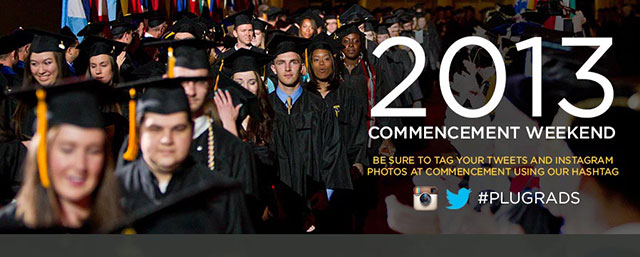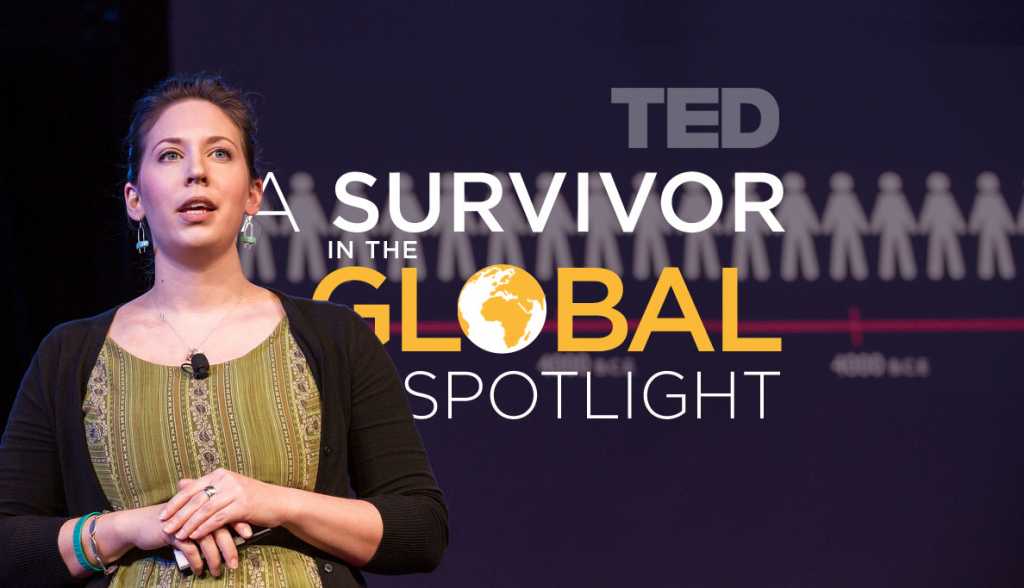Page 86 • (893 results in 0.091 seconds)
-
animals. Prerequisites: BIOL 330, CHEM 115; BIOL 352 recommended. (4) BIOL 461 : Evolution An introduction to evolutionary theory and its broad explanatory power in biology. Coverage includes: a brief history of evolutionary thought, population genetics and the mechanisms of evolutionary change, phylogenetics, speciation, macroevolutionary processes, origins of life on earth, and evo-devo. Laboratory includes simulations and empirical examples of concepts covered in lecture. Prerequisite: BIOL 330. (4
-
partner providers in surrounding communities, where they often help underserved patients in areas facing health care shortages. Tracy Pitt — associate director of advising, admission and student support in the School of Nursing — said that by the end of the 27-month program, each individual has completed more than 1,000 clinical hours. Seavor said the community-based experience graduate students gain increases their confidence and makes for a smoother transition from theory to practice after
-
theory and frameworks used by educational organizations, particularly in the creation and maintenance of organizational identity; (b) knowledge and skill of policy formulation, evaluation, and advocacy; including, methods of influence, building strategic alliances, and setting policy agendas; (c) the role of the educational leader in working with multiple constituencies (government, legislature, lobbyists, special interest groups, media); and (d) purposes and effective strategies for building teams
-
sections. In the first half of the course, we will read scripture, theology, and social theory as we work to define religion, to understand the origins of violence motivated by religion, and to analyze terrorism associated with religion. In the second half of the course, we will read historical essays and ethical arguments about the role of religion and violence in American history. Students will write two major essays, contribute regularly to online and in-person class discussions, and lead a seminar
-

experience: My PLU experience has been truly life-changing. As a first year, I would have never been able to guess what kind of journey I was about to embark on. During my time at PLU, I met many lifelong friends – including the girl that I get to marry! On top of that, I had learning opportunities that challenged me both academically and as an individual. Zachary Grah ’13 is from Puyallup, Wash. The school of business combined theory with relevant projects involving real organizations. This education
-

it a field—now it is, but a very, very small field.” A small field, maybe—but one with potentially huge impact. “She is on the ground floor of a relatively new field that has the possibility of making all kinds of great insights into cancer in the evolution of history,” Ryan said. As Hunt and other researchers unearth more and more ancient evidence—breast cancer in 3500 B.C. Egypt, osteo-sarcoma in a T. rex femur—Hunt has formed an intriguing theory: She believes cancer is inherent in human
-
the rapidly changing Norwegian culture and society and Norway’s active engagement in defining and redefining its roles internationally and within its borders Examine the Norwegian approach to contemporary issues in a central location with engaged faculty whose specialties include Peace and Conflict Studies, African Studies, International Relations, Middle East Studies, Polital Theory and more Study in English alongside Norwegians majoring in Peace & Conflict and International Studies Immerse
-

liked the music, and I’m especially into Jazz, so it was great fun.” Michael: “Great—I’ve seen that film, too. This is the film that begins on a crowded L.A. freeway, and suddenly—POW!—the people are all singing and dancing on the overpass in the bright Southern California sun.” Marc: “Apparently, filming that took about three days and the freeway was closed most of the time. They really shut down L.A. for it!” Matt: “Strangely, I haven’t seen La La Land yet. But we did have a fun student film night
-
in evaluating systems theory and frameworks used by educational organizations, particularly in the creation and maintenance of organizational identity; (b) knowledge and skill of policy formulation, evaluation, and advocacy; including, methods of influence, building strategic alliances, and setting policy agendas; (c) the role of the educational leader in working with multiple constituencies (government, legislature, lobbyists, special interest groups, media); and (d) purposes and effective
-
To permit undergraduate students to relate theory and practice in a work situation. The title will be listed on the student term-based record as Intern: followed by the specific title designated by the instructor in consultation with the student. (1 to 4) RELI 499 : Capstone: Research Seminar - SR Intended for and required of majors. Discussion of common readings and a major research and writing project with public presentation around the student's area of interest. Does not fulfill the Religion
Do you have any feedback for us? If so, feel free to use our Feedback Form.


